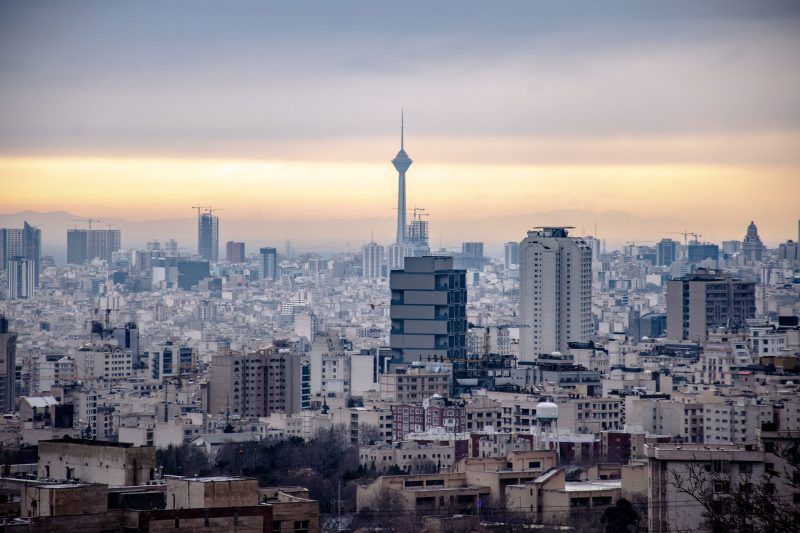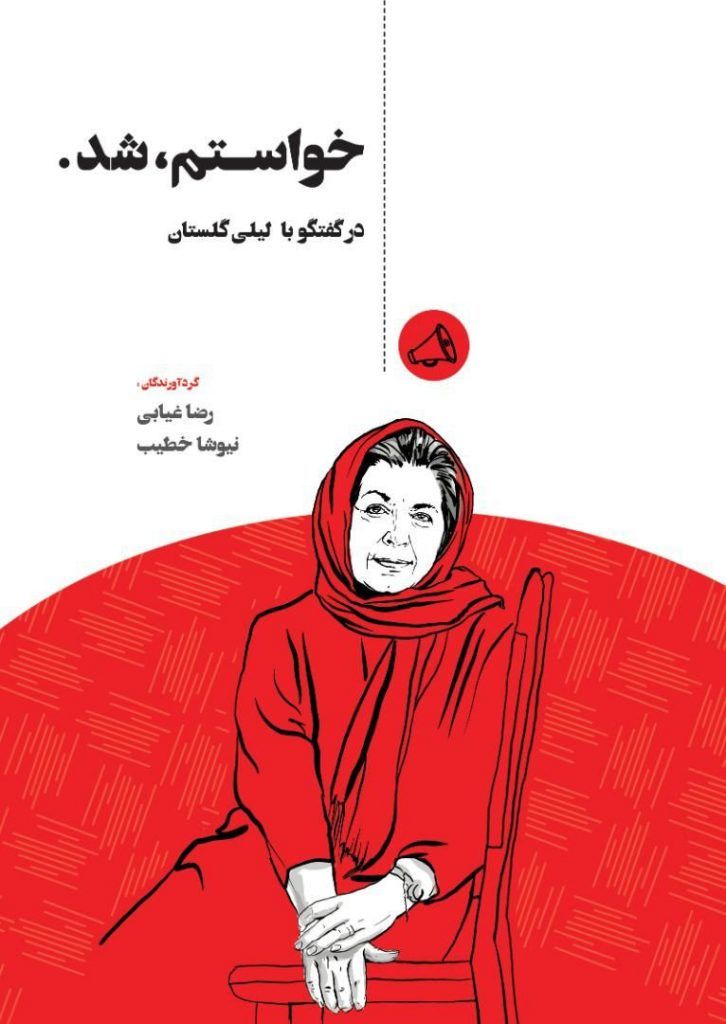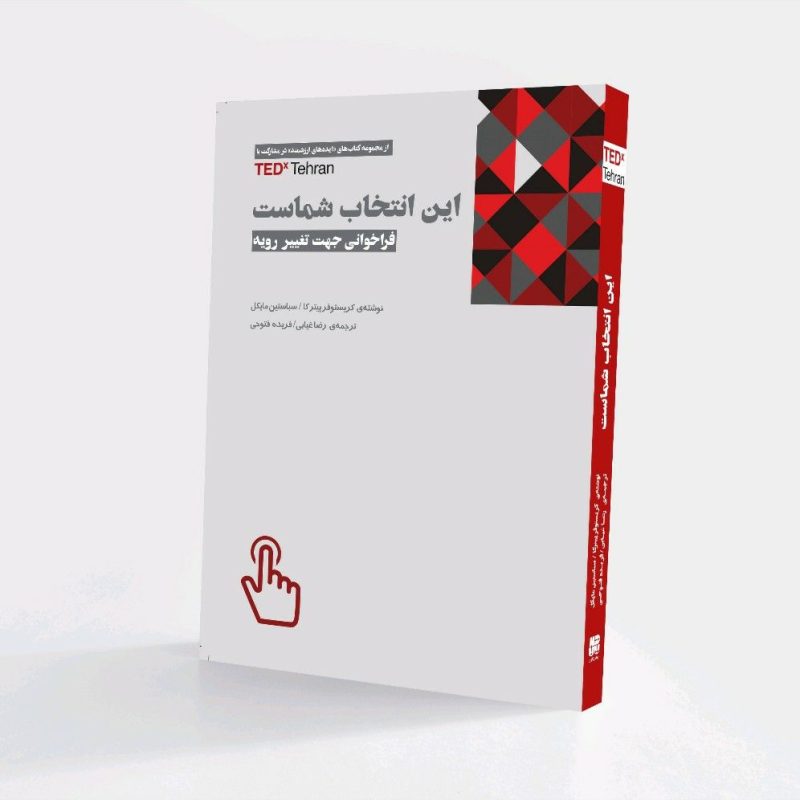It’s no surprise that Iran’s election and startups are co-related. Once the fastest-growing entrepreneurial ecosystem in the world in 2014, the tech startup companies of Iran and other industry role-players are undergoing a crucial point before the country’s 2021 elections.
How the “Ecosystem” began and grew
In 2007, when under Ahmadinejad’s government, with the less regulated and more open atmosphere for IT companies, the Startup Weekend event series started to shape. The Digikala deal with Iran’s first Venture Capital verified that the startup dream is possible in Iran. Accelerators, incubators, VCs, and other roleplayers started to emerge.
In 2016, 60% of the country’s population was under 30 years old, and according to the World Economic Forum, Iran had the third-highest number of graduates in engineering.
One of the main characteristics of the post-revolution economy in Iran is that growth, at any rate, may not be the top priority. But after signing the JCPOA, the economy was at the top of a plan marked by an outward-looking vision to reconnect with global trade and emphasize “knowledge-based” companies.
On the other hand, private capital had limited access to opportunity. However, a period of economic reform began in 2006 to unlock the potential in local industries. This growth opened the way for the emergence of a new trend ten years later: the rise of venture capital.
The bumpy road of Iran’s Startups and US withdrawal from JCPOA
After the US withdrawal from the JCPOA, even with the most daring investors willing to take risks for long-term yields in Iran, the stakes have become unreasonably high as political tensions have grown out of proportion in the eyes of investors.
The other impact of high tension between Iran and the west is the likelihood of internet restrictions that, since a particular period in 2018, has been considered a grave operational and financial threat to the startups.
An additional issue is that licensed access to many European and American hardware and software solutions has been severed due to tightening US sanctions since May 2018.
Entering foreign direct investments into Iranian startups before the US withdrawal on the one hand, and vast amounts of user data and industry disruptions, on the other hand, also caused the Iranian government’s security and regulatory bodies to impose security ambiguities and demands into the startup solutions as of 2016.
What should startups expect in the near future?
Now, Iran’s startup ecosystem crosses a chasm when it’s stakeholders are growing beyond innovators, venture capitalists, and technology early adopters. Through new facilities for big startups to enter Iran Stock Exchange, the startups are on their way to popularizing, which means more impact and more GDP share.
For the first time in post-revolution history, all three power pillars of Iran are aligning. The justice system, the parliament, and soon the government will be in the hand of Iran’s Principalists. Thus, Iran’s startup exosystem should expect the following characteristics:
- Less foreign investment, experts, ex-pats,
- More efficiency and harmony in terms of government certificates, clarifications, ease of doing business,
- More emphasis on job-creating business models rather than value-creating models,
- IRGC related role players just like ”Khatam-al Anbiya” style accelerators with big capacity to deliver strategic needs,
- More focus on the domestic market
- More brain drain and human capital challenges in high tech startups
- More emphasis on hardware technologies
- The closer negative impact of global challenges, especially the climate change challenge.
The success of Iran’s startup ecosystem depends on the country’s political stability. The next government needs to pay special attention to the startups and let the private sector and communities (i.e., NGOs, etc…) take the lead.




